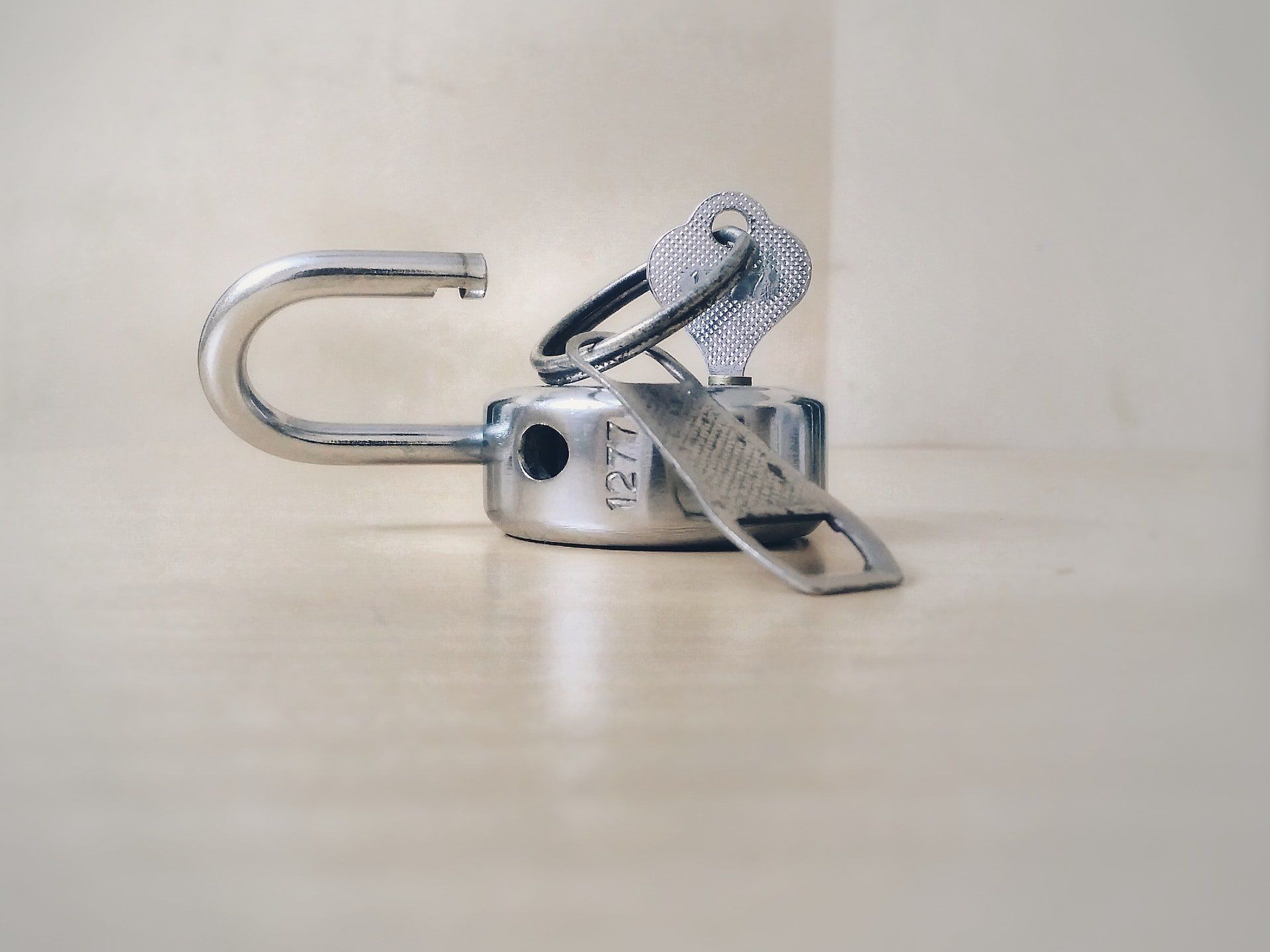Shame, Shame, Shame on you.
This is a subtitle for your new post

Shame…shame on you. You know better than that? Did you hear these words growing up? ‘Shame on you’ or ‘You should be ashamed of yourself’ are common statements we hear growing up as children.
What is shame?
Shame is something that is taught to us. Shame is something that we learn from others, it is not something in our innate nature. Shame is something that can be put on you by others; and many times, is often passed on from person to person.
Shame is an incredibly strong emotion. It carries power. It can change the course of people’s lives, their identity and emotions. Merriam Webster dictionary defines shame as “a painful emotion…a condition of humiliating disgrace or disrepute”.
Often times, when we think of shame, we automatically associate guilt as the same. However, shame and guilt are different.
Shame - is a focus on identity. It plays with your thoughts and what you believe about yourself. Shame says I am a mistake.
Guilt - focuses on the behavior/action. It is about what you did, not who you are. Guilt says I made a mistake.
What is the impact of shame?
Shame looks differently for men and women. For women shame can come in the identity of who we believe we are supposed to be. The roles we are to play or the roles we feel inadequate to play. Men see shame in their identity as they do not want to be seen as weak. Showing vulnerability, brokenness or hurt that has impacted their own life can be hard.
When we don’t deal with shame then shame deals with us. It will control how we see the world and how we engage with others. Shame can impact the whole direction of your life.
Shame wants to shrink you and make you feel like you want to disappear. It is the emotion that sits way down at the root of your core. Shame can pop up at any point and when you least expect it. Shame can make you name others and push you to blame others. “Shame keeps you buried inside into lies”- Paul Taylor ‘Buried Alive: Shame’.
How do you move from Shame?
First, ask yourself two questions:
1. Is shame defining me?
2. Am I letting it control me?
If you answer yes to one or both of these questions then here are your next steps:
1. Don’t stay in your head…Share with safe people. Shame will lead us to believe that we must bottle everything inside. We have to get it out. Vulnerability is key in moving forward from shame. We may need to write about it, talk about it and/or create art that expresses it. The healing begins when we allow ourselves to be vulnerable in a safe place with safe people and in a safe way.
2. Don’t deprive yourself….Be kind to yourself. Taking time to care for yourself can feel so unnatural. We feel that we are being selfish but we are really providing self-care. Take the time to be kind to yourself through your healing. Love and grace will heal shame.
3. Don’t let the trauma define you…Believe that healing is possible.
Don’t let the shame put on you from trauma and from others, dictate
the course of your life. Take the brave step to begin your healing journey. It can
be one of the hardest things you will do; but it is worth it when peace and freedom are the result.
If you are ready to take that next step to heal, we are here to help. At Counseling Alliance, we will help you walk through feelings of shame and/or guilt that are impacting your life. Call and schedule with one of our therapists today to visit our website for more information.
References:
[i] Brene Brown - Tedtalk “Listening to Shame” March 2012
[ii] Paul Taylor - Riverscrossing - “Buried Alive: Shame” March 2022
[iii] Roland potter-Enron and Patricia potter-Efron - “Letting Go of Shame: Understanding How Shame Affects Your Life”
Join the Conversation
Recent Posts
NAVIGATION
REACH US
WE ARE ENDORSED BY
All Rights Reserved | Counseling Alliance


